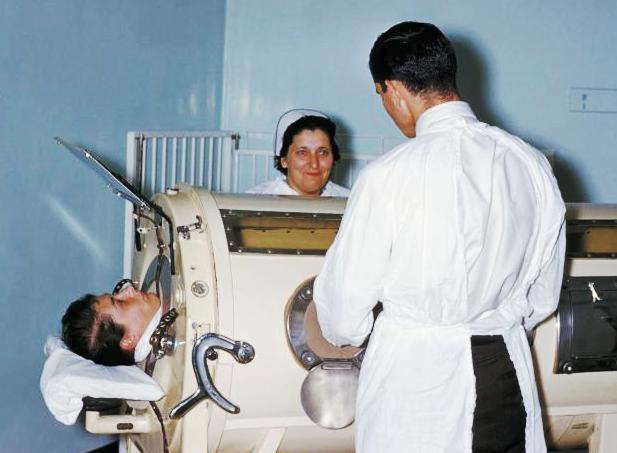For Immediate Release – September 23, 2009
Contact: Eric Nost, Environment Iowa, Office: 515-243-5835 Cell: 319-621-0075, enost@environmentiowa.org
Record-breaking transit ridership saved Iowans nearly 9,000,000 gallons of gas last year
Des Moines, IA In 2008, people in Iowa saved nearly nine million gallons of gasoline by riding transit in record numbers – the amount consumed by 15,300 cars. In addition to fuel savings, public transportation reduced global warming pollution here by 80,000 tons. Transportation accounts for more than two-thirds of the nation's dependence on oil, and about one-third of our carbon dioxide pollution Environment Iowa outlined in their new report Getting On Track: Record Transit Ridership Increases Energy Independence.
“People are voting with their feet by driving less and taking more public transportation,” said Eric Nost , state associate with the statewide citizen advocacy organization. “Congress should listen to these voters and invest more in public transportation, which will increase our energy independence and reduce global warming pollution,” Nost added.
Micki Sandquist, executive director of the American Lung Association in Iowa noted, “we support public policies that encourage appropriate mass transit and alternative transportation options. Conservation is always the first and most obtainable goal in any effort to reduce petroleum consumption and the air pollution it causes, and using mass transit is an easy and effective way for anyone to reduce their consumption of petroleum fuels.”
Iowans drove less, with 2.07 million fewer miles driven in 2008 than in the year before – an eight percent drop that was the largest percent decrease in the country. People drove less due in part to volatile fuel prices and decreased economic activity, and many of these car trips were replaced by transit. In fact, ridership increased by five percent above 2007 levels.
“But in spite of the huge potential for transit to reduce oil consumption and pollution, the vast majority of transportation funding is spent on roads,” said Nost. “Instead of spending money to build new highways that only increase our dependence on oil, our leaders here in Iowa and in Congress should drive more money to transit and high-speed rail,” Nost argued.
Andrew Snow, campaign director at the Environmental Law and Policy Center, agreed. “This report demonstrates very clearly that demand for better public transit continues to grow very quickly. While our highways and interstate system are congested with traffic, rail and other transit systems will allow Iowans an efficient option to increase mobility and increase productivity for our people and businesses. I have no doubt that the unprecedented demand for travel within and without the state can and should be met with improved rail and multi-modal transportation options for our citizens. Our economy can't continue to compete without better transportation, and Iowans must be connected to the Midwest transportation network.”
In order to maximize the potential of public transportation to save energy and reduce pollution, Environment Iowa is asking local, state, and federal leaders to:
- Issue overarching goals for reducing oil dependence and pollution through transportation, which will guide better policy.
- Increase investment in cleaner public transportation, to include transit, high speed rail, and better walking and biking options.
- Level the playing field in terms of funding and approving transit projects, relative to road projects. Approval of transit and highway investments should be governed by an equivalent set of rules and matching ratios.
- Increase funding for transit maintenance and day-to-day operations, in addition to improving and expanding capacity. Federal, state and local funds should allow for greater flexibility in funding operations – new buses and trains are useless without drivers to drive them and mechanics to maintain them.
In the near term, Environment Iowa is calling on Congress to incorporate the full provisions of CLEAN TEA (the Clean, Low Emissions, Affordable New Transportation Equity Act, S. 575 ), into the climate bill being debated now in the Senate. CLEAN TEA would direct 10 percent of climate bill allowances to clean transportation efforts that will save oil and reduce emissions.
“We hope Senators Grassley and Harkin will support this forward-thinking legislation to lessen dependence on oil and cut pollution,” Nost concluded.
###
Environment Iowa is a state-based, citizen-funded organization working for clean air, clean water, and open space.
The Environmental Law & Policy Center is the Midwest’s leading public interest environmental legal advocacy and eco-business innovation organization.


